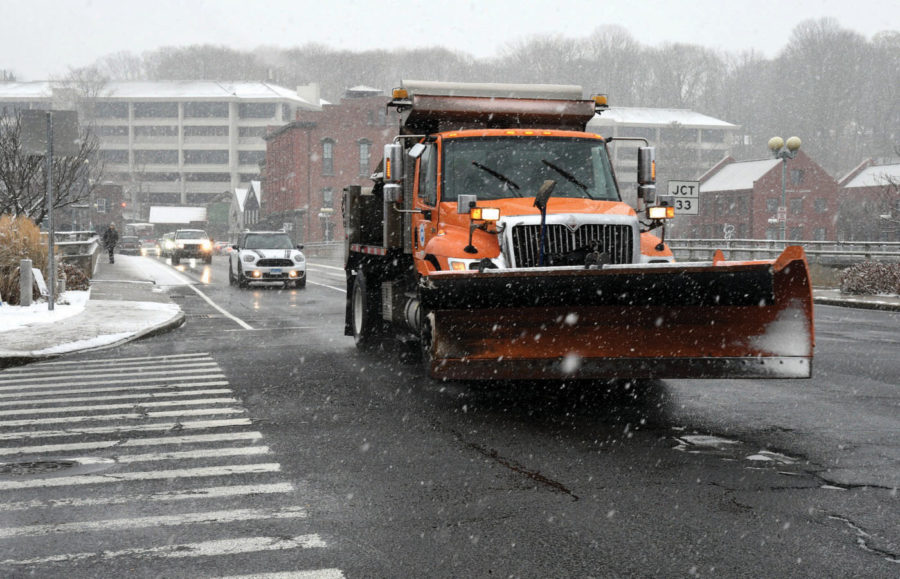Warmer Temps Means More Snow?
There is a paradox—a seemingly absurd statement that when explained may prove to be true-—a paradox that has fascinated people about global warming. It’s the paradox of what happens to snow when global warming is around.
As contrary as it might seem, a warmer atmosphere means that snowfall inches might actually rise in climates like Connecticut. Some people also say that there will be heavier and colder snow because of the moisture in the air.
In order to understand this concept, let’s step back a bit.
According to The Union of Concerned Scientists, “Global warming means hotter air, and hotter air can hold more moisture. This translates into heavier precipitation in the form of more intense rain or snow, simply because more moisture is available to storms. Therefore, less of a region’s precipitation is likely to fall in light storms and more of it in heavy storms.”
This means that when it rains or snows, it will be heavier due to more moisture caused by hotter air. So when it comes to winter weather, even though the polar ice caps are melting, there could be more significant snow events in Connecticut.
8th grade science teacher Mrs. Rondon said, “Global warming and its effect on weather is hard to predict. In order to know what’s going to happen, we would need a hundred years of data. All we know is that it’s going to change, but we don’t know how it’s gonna change.”
The main type of snow that will increase in particular is lake effect snow. Lake-effect snow is snow that has been gathered when warm water from lakes has been evaporated into the air. The water that goes into the air gets turned into snow, and falls on the ground. This kind of snow has increased throughout the years because the water has been getting progressively warmer.
So, yes, technically speaking, snowfall has increased throughout the years because lake temperatures have risen. Which increases the amount of water that goes into the air, causing a larger amount of snow to fall on the ground.
Some students may be ecstatic when hearing about this side effect. When asked if she liked snow days, 8th grader Shivali Kanthan only had one word to say. “Yes.” However, other students, such as 7th grader Joseph Martino, said, “Personally, I don’t like them as much because they tack on days to the end of the school year.” Whether they like snow days or not, both students replied that they would stop climate change even if it meant less snow days, and that they were surprised by this side effect.
Many strange weather patterns are caused by global warming. This includes less snow in the North Pole, and more in places like Connecticut. As scientists study this paradox, look forward to more possible snow days.



